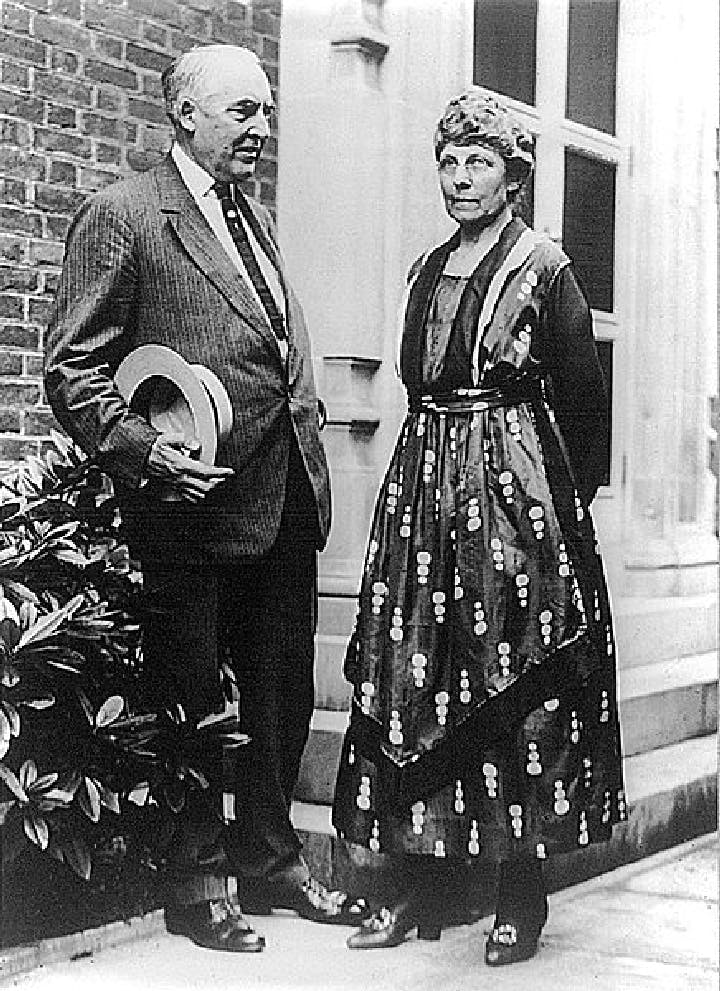Winter 2012
Harding's Hidden Halo
– The Wilson Quarterly
Should we reconsider Warren Harding's presidency?
Scan the presidential rankings historians and pundits produce, and you'll find one consistent bottom feeder: Warren G. Harding. The Teapot Dome scandal and other instances of corruption badly damaged the reputation of the onetime newspaper publisher and Republican senator from Ohio. “Yet the truth about his presidency is quite the opposite” of today’s general impression, write historians Ronald and Allis Radosh. “He achieved a good deal more in the two and a half years he served before his sudden death than many presidents accomplish in a full term.”
Harding’s main feat was “setting the country’s economic house in order.” When he took office on March 4, 1921, after winning the 1920 election by a landslide, the U.S. economy was sagging under the weight of an economic depression, high taxes, and a national debt that had ballooned from $1 billion in 1914 to $24 billion.
With the Revenue Act of 1921, Harding “cut income tax rates for Americans at every income level,” which some scholars credit with bolstering employment and business. The act also repealed the wartime excess-profits tax. “Harding was consistent in his dedication to fiscal responsibility,” the authors write, noting that he vetoed a popular bonus for World War I veterans in order to avoid increasing the national debt.
Harding also scored a major economic policy win with a long-needed reform of the federal budget process. The Budget and Accounting Act of 1921 streamlined what had been a haphazard and frustrating ordeal, and established the nonpartisan Budget Bureau, the precursor to the Office of Management and Budget. Harding’s long list of shrewd hires included Charles G. Dawes, a former McKinley administration official and successful businessman, who used the new bureau to reshape government spending.
On one famous occasion, Dawes appeared before federal officials and held up two brooms, one issued by the Army and the other by the Navy. The Army had a surplus of brooms, Dawes explained, and the Navy a deficit, but the Navy refused the Army’s brooms because the bristles were bound with twine rather than wire. Dawes wouldn't tolerate such harebrained thinking, and he made good on his disapproval by reducing federal spending from $6.3 billion in 1920 to $3.3 billion in 1922. When Dawes left his post, the Radoshes note, “he took two brooms home with him as mementos.”
Who knows what else Harding would have done had he not been felled by a heart attack in 1923 at the age of 57. He had, for example, a strong interest in racial equality, and had “called for a federal antilynching law” that was nixed in the Senate by southern Democrats. Harding may not have been Abraham Lincoln, but he deserves to be more highly valued for his presidential contributions, the Radoshes conclude.
* * *
The Source: "Time For Another Harding?" by Ronald Radosh and Allis Radosh, in The Weekly Standard, October 24, 2011.
Photo courtesy of Wikimedia Commons
